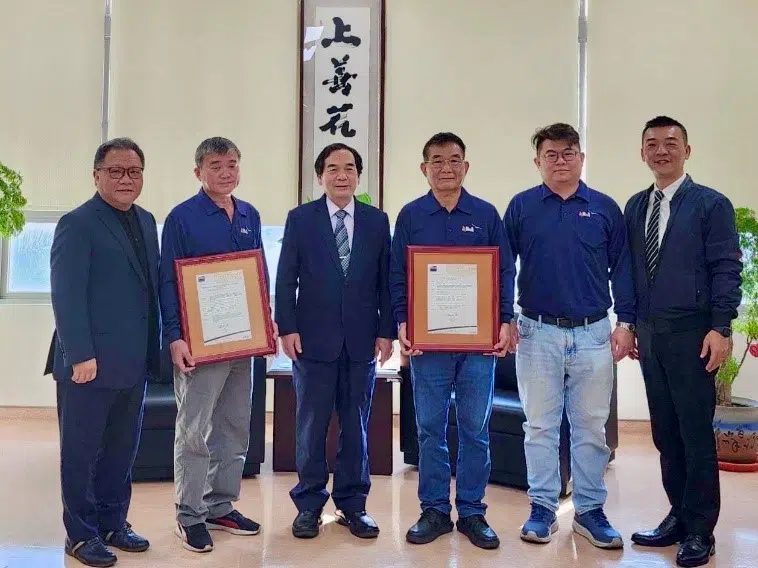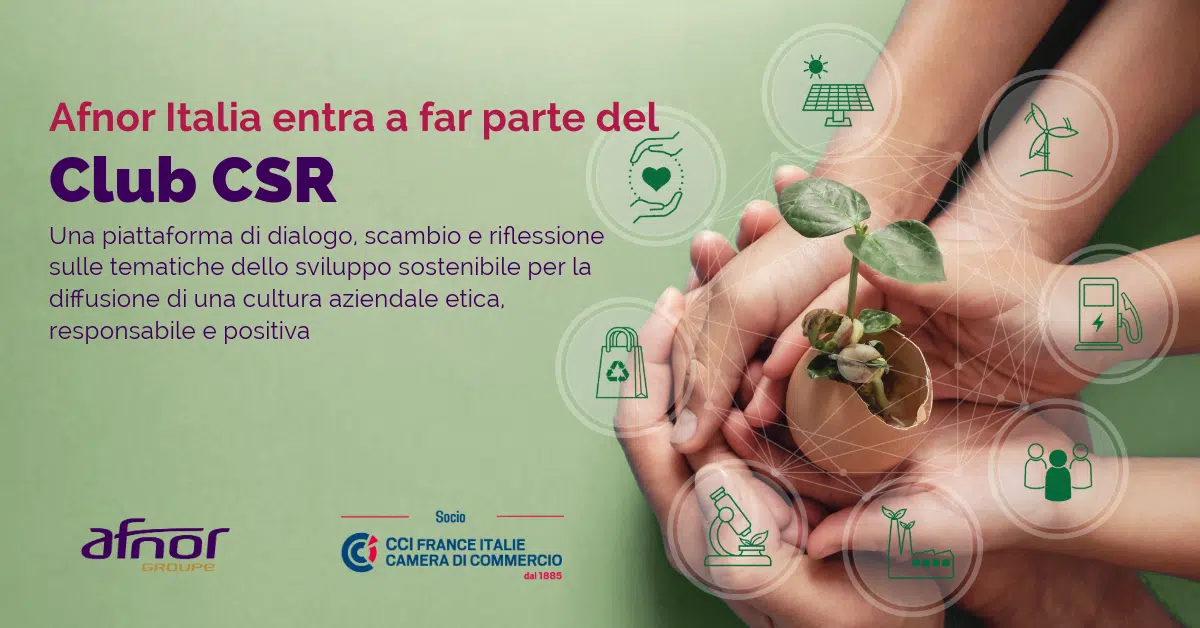Food safety has become a major concern in today's world, with consumers increasingly attentive to the quality and safety of the food they eat. In this context, food safety culture plays a crucial role within food companies, having a direct impact on consumer confidence. This article explores the importance of food safety culture and its implications for companies.
ISO 22000 is the only voluntary international standard for food safety management. It enables us to demonstrate our ability to identify and control food safety hazards, and to consistently supply safe, finished products. Implementing a food safety management system means deploying resources to ensure the safety of products and services. It is an approved tool for prevention and continuous improvement. Several factors are essential in a company to establish a robust and reliable food safety management system, namely :
- Food safety awareness: A food safety culture involves raising awareness of the importance of food safety within the company. All employees, from production staff to senior management, need to be aware of potential food safety risks and the measures they can take to prevent them.
- Training and education: A strong food safety culture relies on adequate training and education. Companies need to invest in staff training to ensure a thorough understanding of good hygiene practices, quality control procedures and food safety regulations.
- Management commitment: Management commitment is essential to promote a culture of food safety. Leaders must set the example by making food safety a high priority, allocating the necessary resources and putting in place clear policies and procedures to ensure compliance with food safety standards.
- Transparent communication: Transparent communication is essential to maintaining consumer confidence. Companies must be open and honest in the event of a food safety issue, taking prompt corrective action and informing consumers clearly and transparently.
- Risk management: A strong food safety culture implies proactive risk management. Companies must implement rigorous quality control systems, carry out regular audits and update their procedures in line with new scientific discoveries and ever-changing regulations.
To illustrate the importance of a food safety culture, several global companies have put in place solid practices:
- Nestlé: This global food company has set up a food safety program called the "Nestlé Quality Management System".Nestlé Quality Management System"(NQMS), incorporating strict standards, regular training and internal audits to guarantee the quality and safety of their products.
- McDonald's: The fast-food chain has set up a food safety program called the "Global Food Safety Initiative".Global Food Safety Initiative"(GFSI), focusing on employee training, the adoption of strict food safety standards and the implementation of monitoring and control systems to guarantee the safety of their products.
- Walmart: This retailer has set up a food safety program called the "Walmart Food Safety Collaboration Center".Walmart Food Safety Collaboration Center" (WFSCC), working closely with their suppliers to ensure food safety throughout the supply chain, with an emphasis on traceability, good manufacturing practices and quality controls.
These examples demonstrate thecommitment of these companies to promoting a culture of food safety and guaranteeing the quality and safety of their products.
In conclusion, food safety culture has become a top priority for food companies worldwide. By investing in awareness, training, management commitment, transparent communication and risk management, companies can build consumer confidence and guarantee the safety of the food they produce. Ultimately, a strong food safety culture benefits everyone, ensuring the health and well-being of consumers and preserving the reputation and sustainability of companies.
Read more
- on our expertise in food safety
- on ISO 22000 certification - FOOD SAFETY MANAGEMENT SYSTEMS
- about the training course - DESIGN YOUR HACCP SYSTEM IN ACCORDANCE WITH ISO 22000
- about training - ISO 22000: MASTERING THE KEY POINTS OF THE FOOD INDUSTRY REFERENTIAL
- about training - ISO 22000 - INTERNAL AUDIT
- about our certification offer
- on our training offer
- on our international network.








